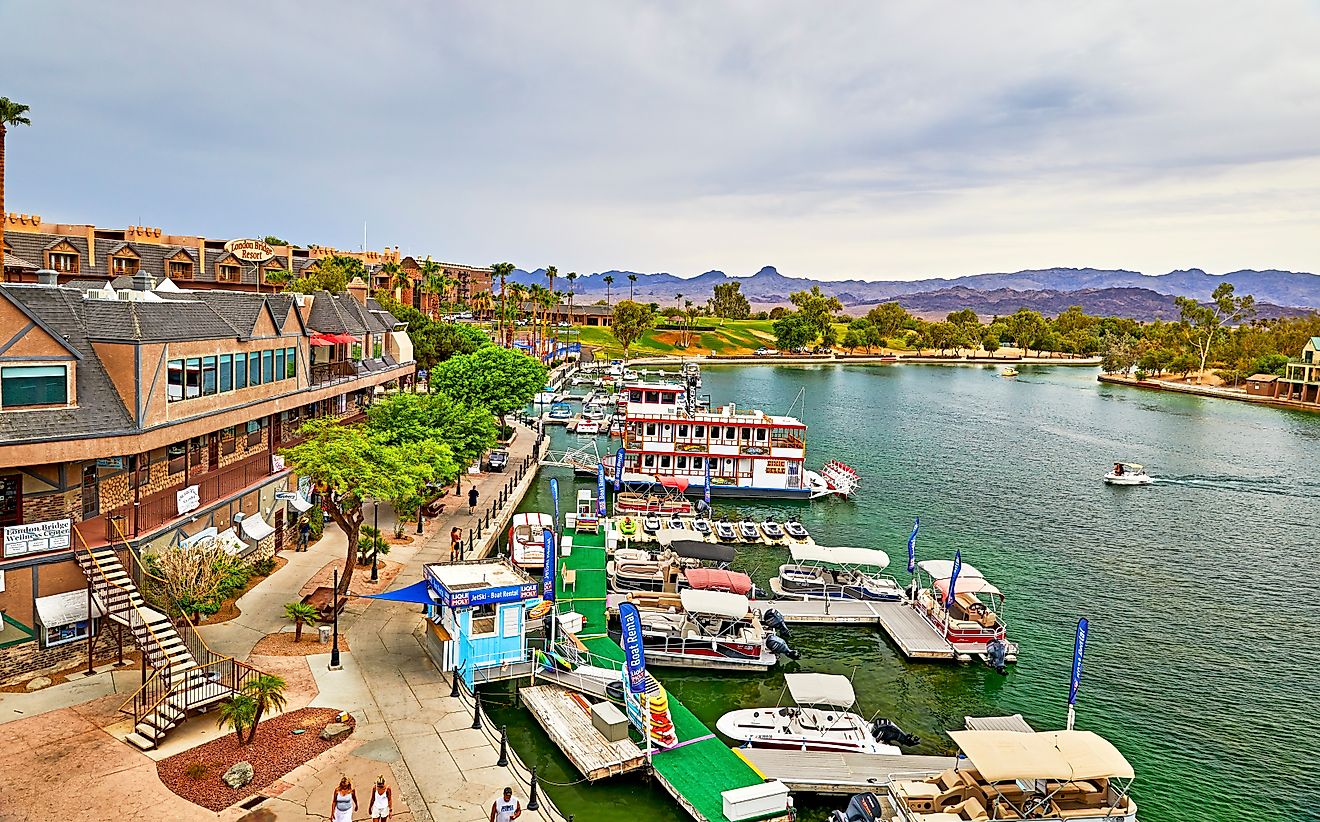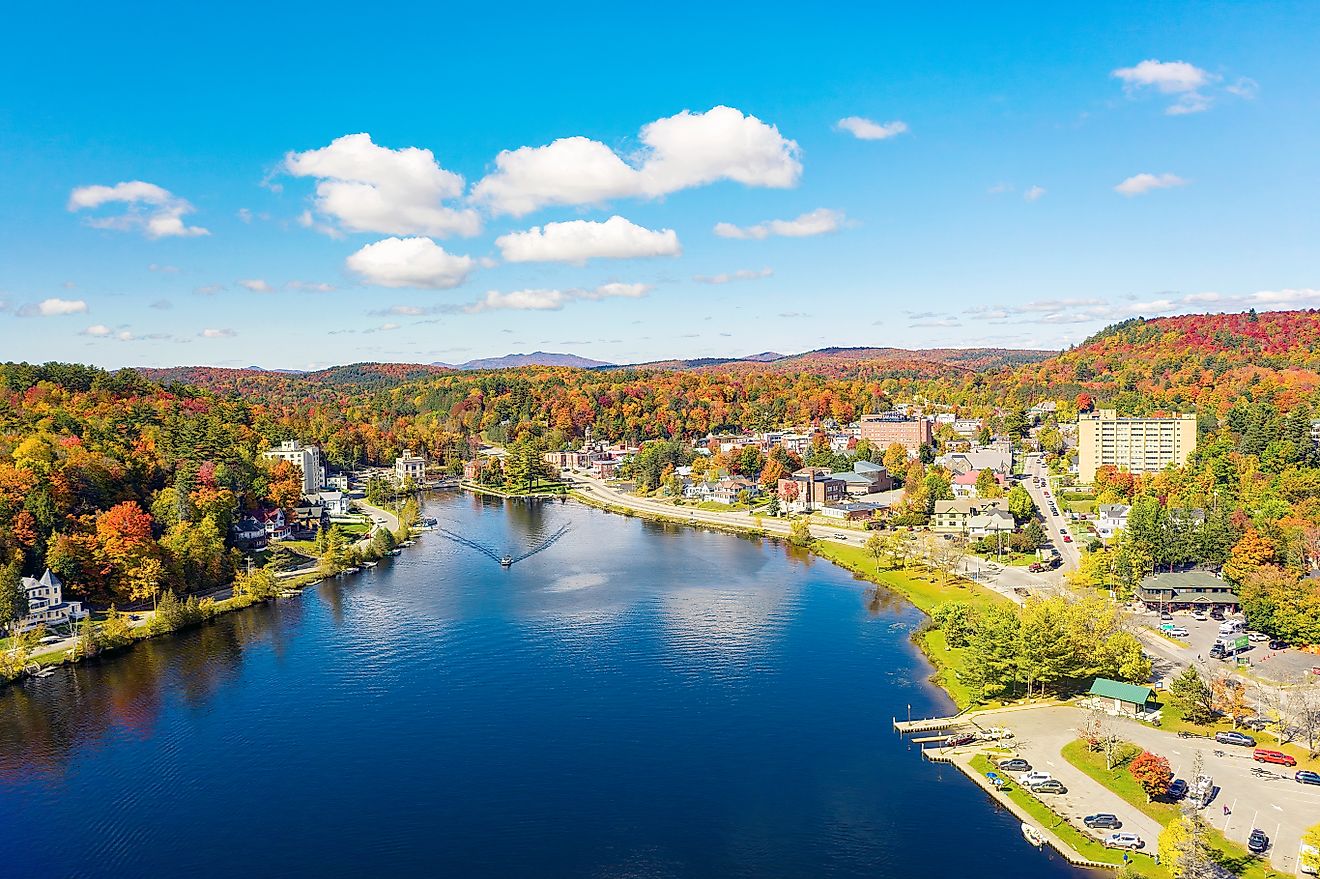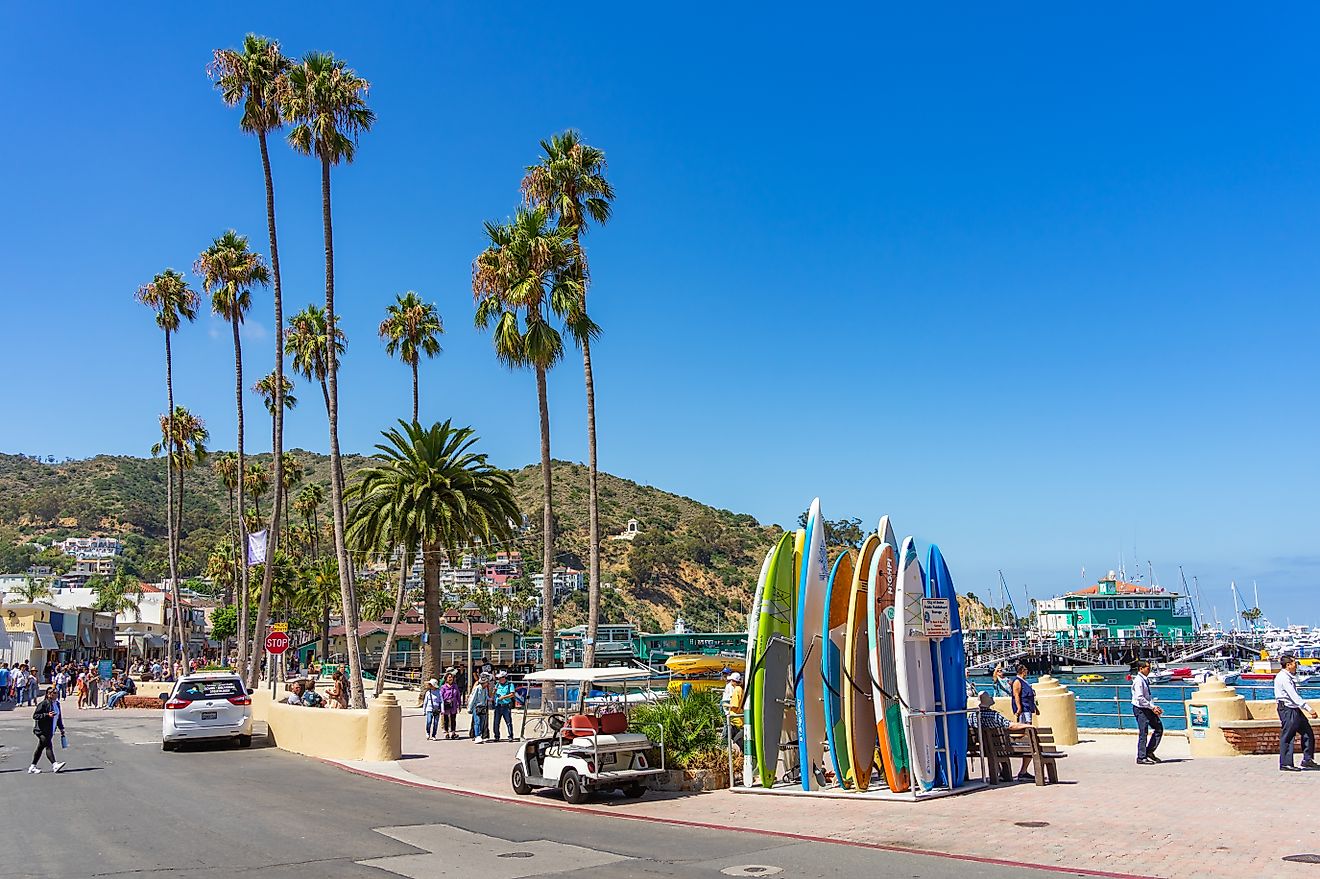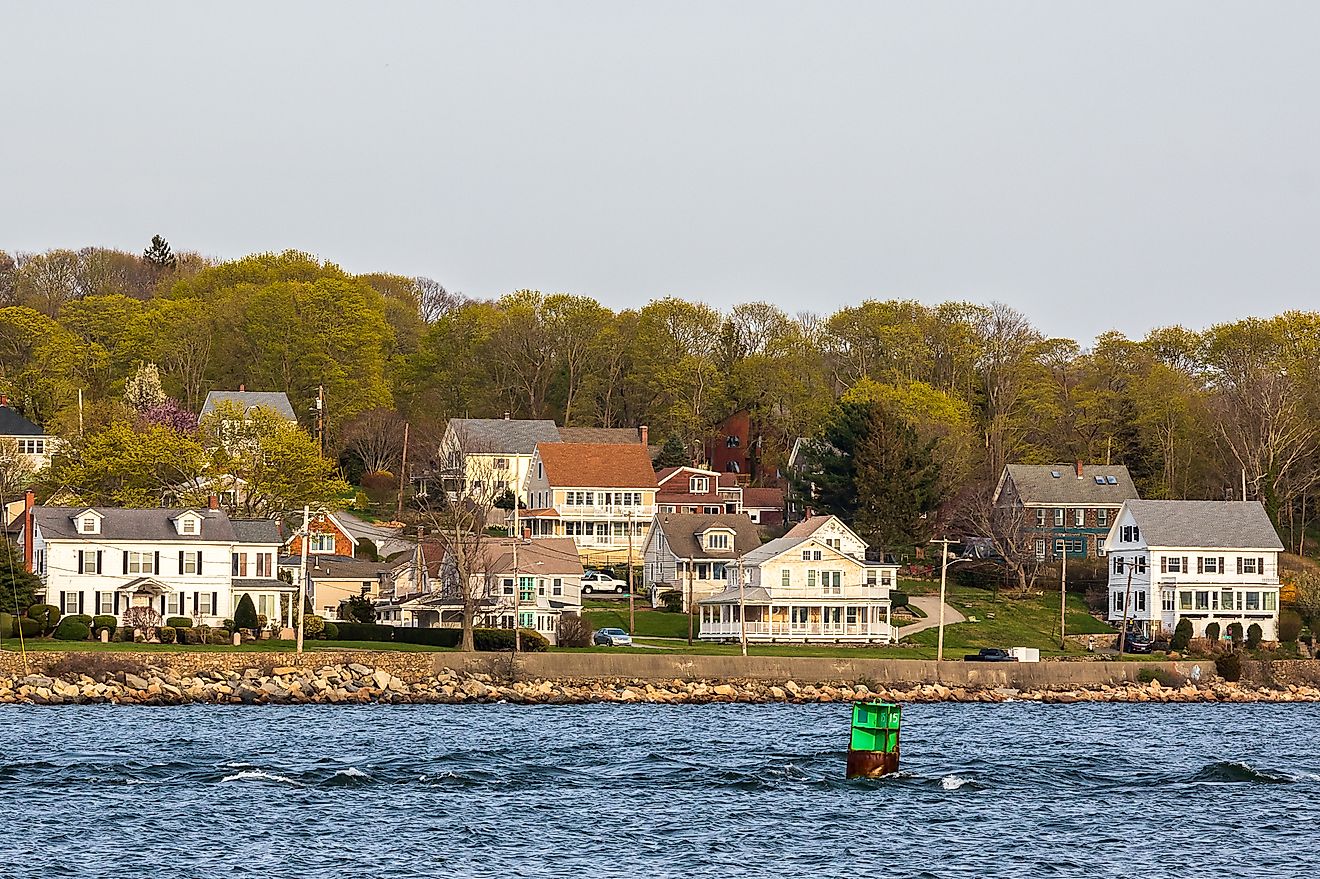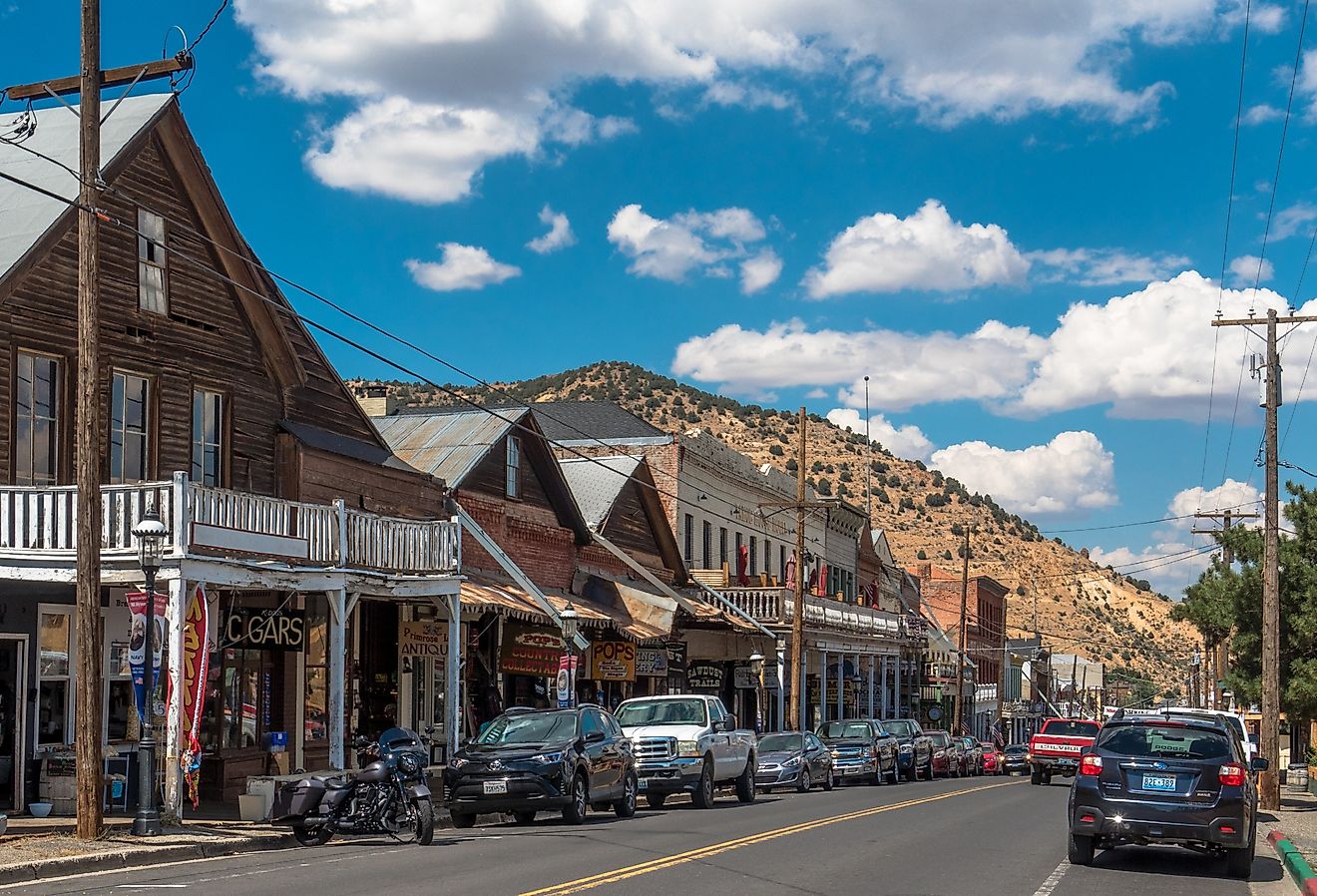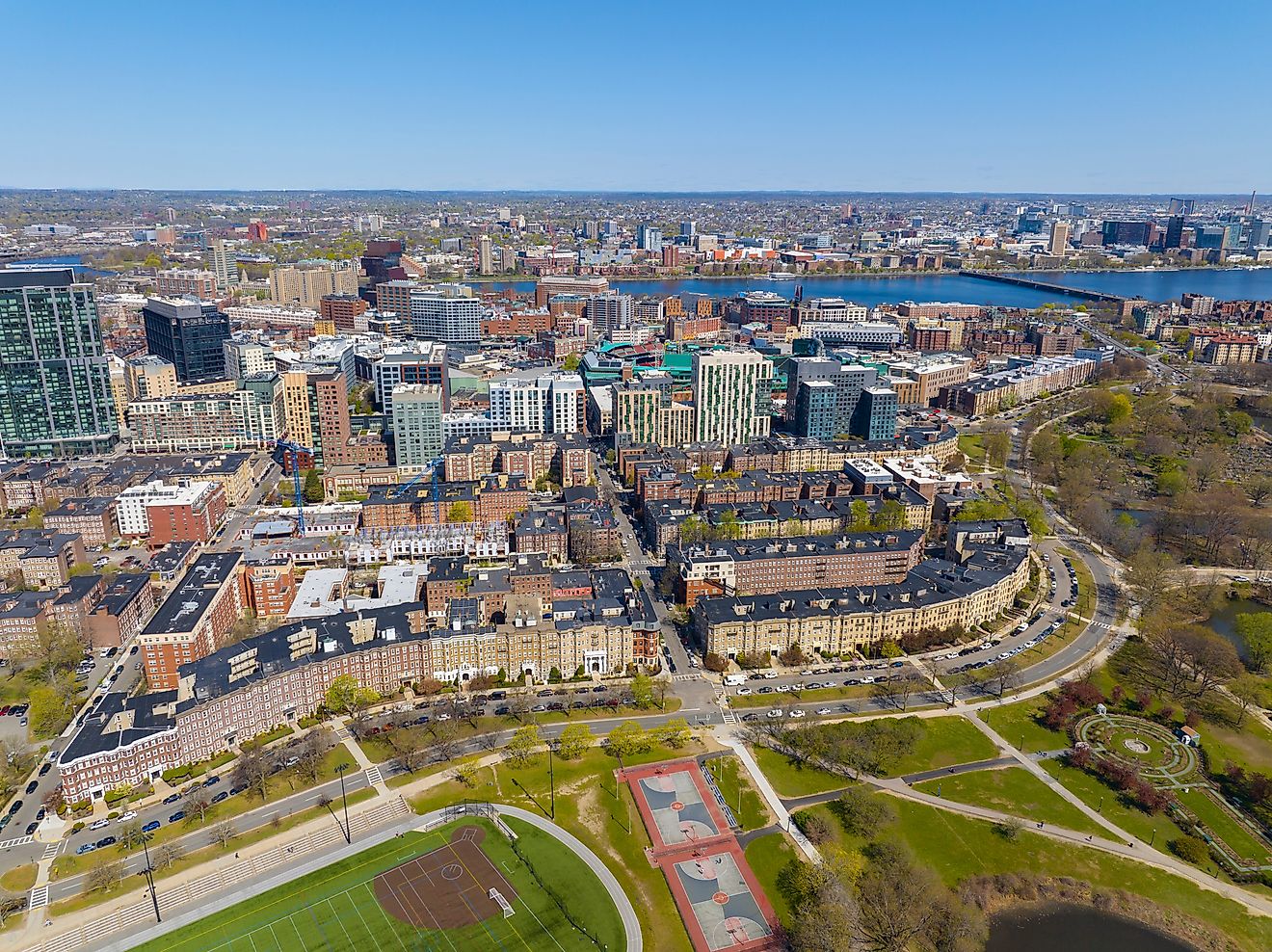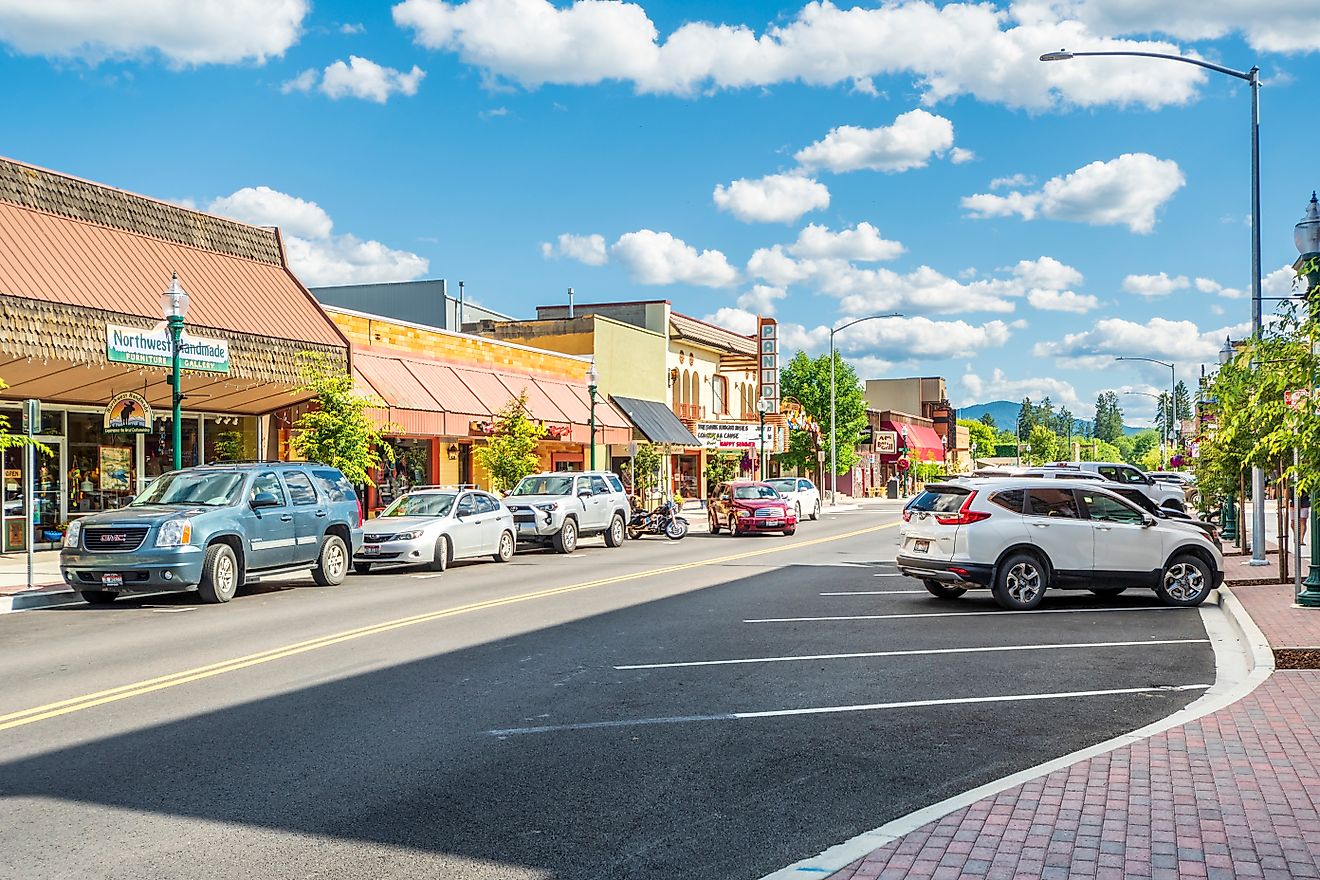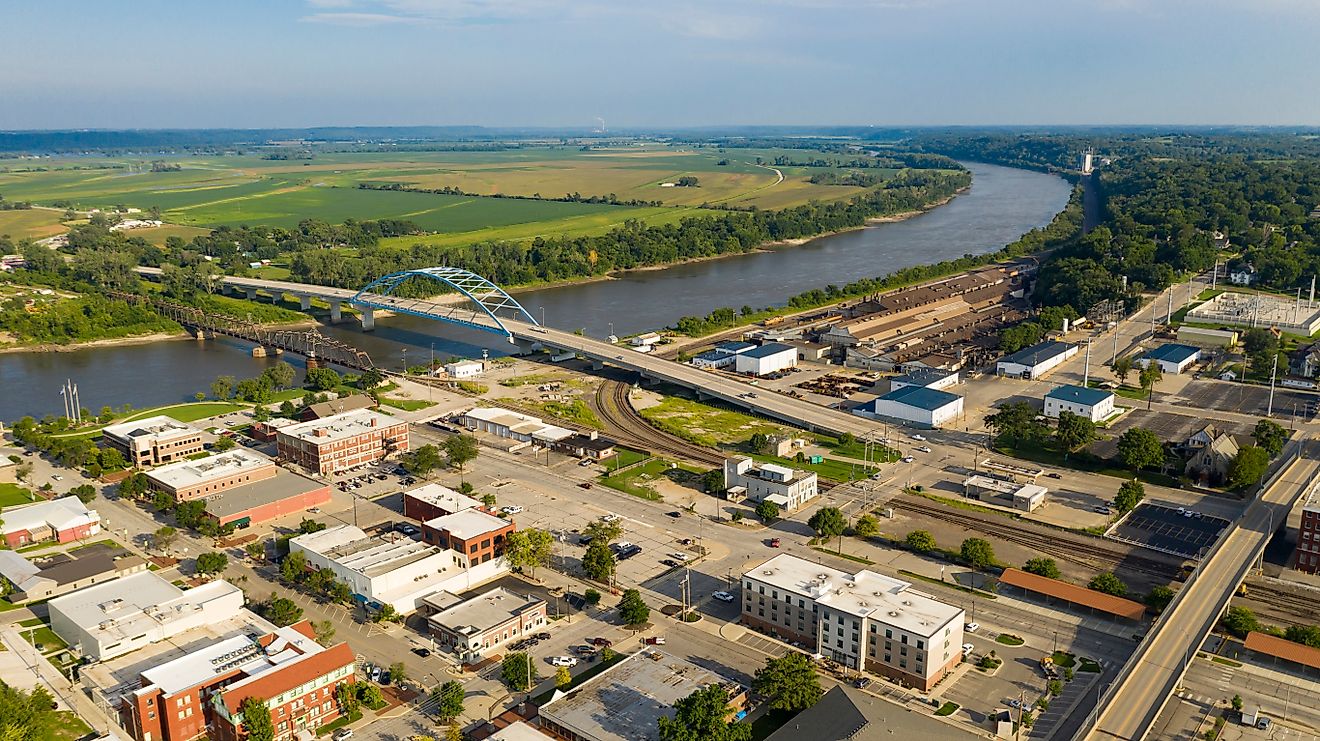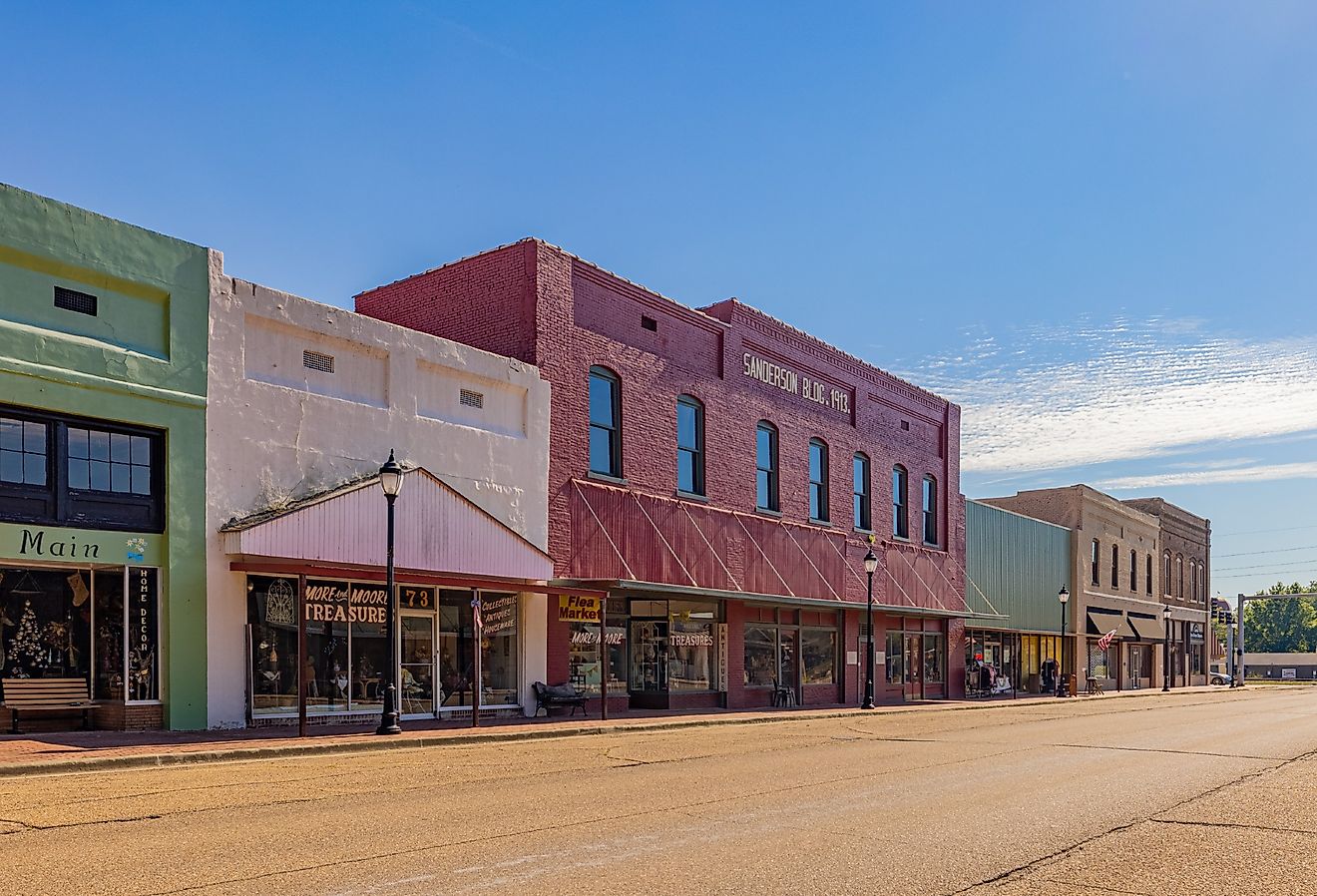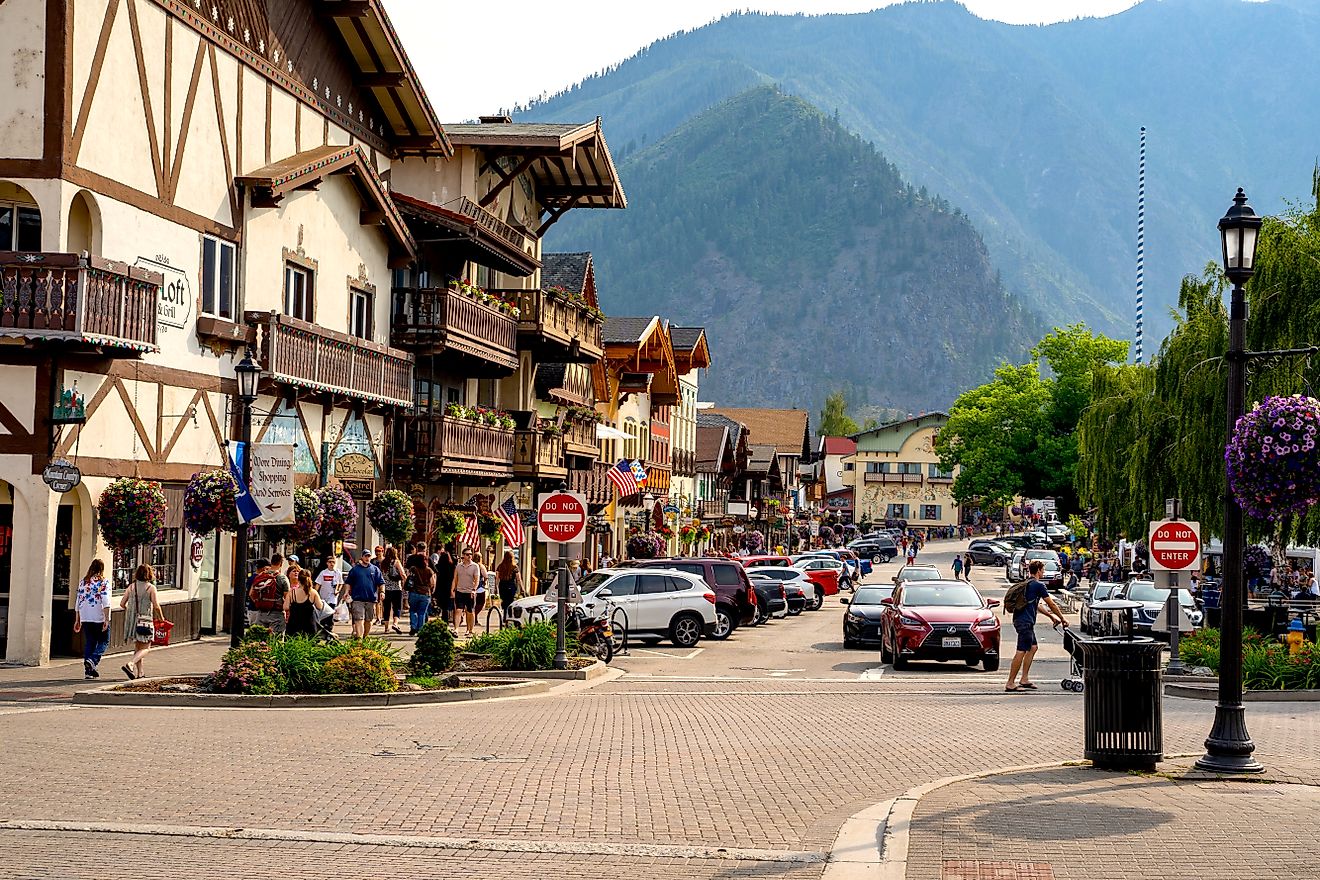
Chimayo, New Mexico
Chimayó is a small census-designated place in the Rio Arriba and Santa Fe counties of the US State of New Mexico. The city's name has been taken from the Tewa name for a nearby landmark, Tsi Mayoh Hill. There are many neighborhoods in the unincorporated town known as plazas or placitas, each with its own unique name. The city is located 24 miles north of Santa Fe in a valley inside the Sangre de Cristo Mountains.
Geography And Climate Of Chimayo

Chimayo covers a total area of 14.1 sq. km, all of which is occupied by land. Chimayo receives an average of 12 inches of rain and 9 inches of snow yearly. The temperature usually ranges between 22°F to 85°F, with average temperatures seldom falling below 11°F or rising over 92°F. According to the tourist score, the perfect time of year to travel to Chimayo for warm-weather activities is from early June to early September.
History Of Chimayo

For ages, Chimayo has been recognized for its therapeutic properties. The Tewa believe that as the hot springs dried up, healing spirits abandoned the healing earth. "Tsi-Mayoh" was the name given to the region by the Tewa Indians, now known as Chimayó, named after one of four holy hills in the Sangre de Cristo Mountains above this valley. The Puebloans, who had lived in the region since the 12th Century, thought supernatural entities lived on the same soil as them. Following their return to the area in 1693 after being thrown out by the Pueblo Revolt of 1680, the Spanish recovered authority and opened the territory up to a constant flow of Spanish and Mexican colonists. Don Bernando Abeyta discovered the healing earth for himself in one of the neighborhoods of Chimayo, El Potrero de Chimayó.
The number of miraculous healings in the area increased to the point that a bigger Church and Shrine, which still remain today, were constructed in 1816. Abeyta's daughter inherited the land, and regardless of the attempts to persuade her to submit it to the Church, she maintained it since pilgrim payments were a substantial source of revenue. Today, many tourists collect small quantities of the "holy soil," hoping to find cures or for the benefit of others. So much soil is removed that the Church has to replenish it from a neighboring hillside at the expense of up to 30 tons each year. This is done even though the Church has no stance as to whether or not miracles have happened at the Santuario.
Population And Economy Of Chimayo
As per the latest US Census, Chimayo has a population of 3,057 people. The population of the city is now falling at a rate of -0.33% each year, and it has declined by -0.65% since the 2010 census, which reported a population of 3,077. The racial composition of Chimayo is 8.60% Two+, 41.60% white, and 49.12% Other races.Chimayo has a median family income of $62,609 and a poverty rate of 24.29%. Chimayo's economy employs 1340 people. Professional, Scientific, & Technical Services, Health Care & Social Assistance, and Other Services are the most important industries in Chimayo.
Attractions In Chimayo
El Santuario De Chimayo

El Santuario De Chimayo is a popular Roman Catholic church that attracts over 300,000 people annually, making it one of the country's most prominent pilgrimage locations. The location is famed for the story of its origins: a friar spotted a light from the hillside and discovered a crucifix, which he transferred to the Santa Cruz church, but the cross kept returning to its original location. The friar and priest then agreed to construct El Santuario de Chimayo, a chapel on the mountainside.
Santo Nino Chapel

Another important religious landmark in the village is the Chapel of Santo Nino, which is close to El Sanctuario de Chimayo. It stands out for having a style of architecture that was popular during that period. The Medina Family established the chapel in 1856 as a vow to God. The chapel's interior shouldn't be disregarded because it has stunning wood carvings and eye-catching artwork. The chapel appears to have been constructed with children in mind because it was created to commemorate the child Jesus.
Chimayo Museum
The museum of the same name, located in the historic district of Chimayo, is ideal for knowing more about the history of this little town. Visitors will learn more about the museum by examining its collections of relics, images from the twentieth century, and various donated items. They can also discover additional fascinating facts about Chimayo by participating in unique events that are frequently hosted here.
Centinela Traditional Arts
It is a gallery displaying handcrafted tapestry wool goods. Their tapestries are woven using authentic Chimayo and the Rio Grande traditions. Natural dyes, handspun yarns, and custom-dyed yarns are also used. Visitors may observe Irvin and Lisa Trujillo weaving or listen to their speeches since they own the gallery. These two individuals are award-winning weavers whose creations may be found in several museums worldwide.
